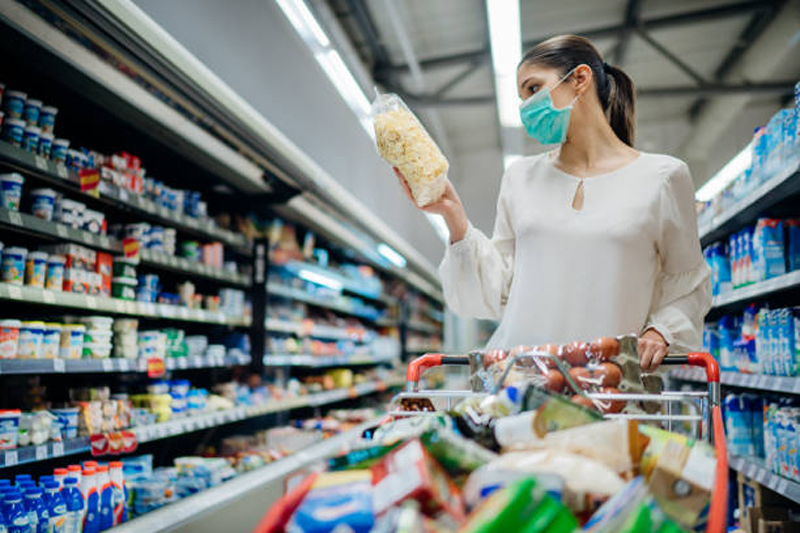
I’m sure you know just how important a role food plays in ensuring that your body stays alive and fully functioning. In fact, you can live for three whole weeks without food. Ideally, however, you wouldn’t want to put your body through that particular test. There’s also likely a number of things you don’t know about the role that food plays in an emergency. And, so here are 10 facts you should know about emergency food. Just in case.
Goals Are Important
You need to plan in advance how much food you want to store. You should think about whether you need food to last you for three days, three months, or longer. You’ll find that there’s contrary advice out there, but it depends on the kind of emergency that’s more likely to occur in your location, and how long you can expect the disaster to last for.
Water is Sometimes Underrated
Don’t forget about water. The Centers for Disease Control and Prevention (CDC) issued a recommendation that we should store a gallon of water each day for every individual, including pets, and that you should store a two-week supply if you can. The CDS recommends commercially bottled water, as they say that it’s the most reliable and safe emergency water supply.
Food is Energy
One of the key things to know about emergency food is that it should keep your energy high. Life is a lot about energy, and if your food supplies run low, you’ll find that life can quickly become a struggle. If you can’t move, you won’t be able to think, and will find it hard to get on with the essential things like keeping your body alive.
A Shopping List Can Help
When you stock up on supplies for a potential emergency, you don’t want to visit the supermarket with only a general idea of what to buy. So keep a list of what you need on hand, so that you can get in and out quickly.
Buying in Bulk is Smart
To stockpile food in the most affordable way, especially for those with a large family or who are storing for a long duration, buying in bulk is the smartest thing to do. If you aren’t sure what to include on your shopping list when buying in bulk, you should browse through this site where you’ll find lots of handy tips.
Food Rations Should Be Rotated
To ensure that your food is in good shape, make a schedule to periodically check the shelf life of each individual item. Any foods with a date that’s about to expire should be used before they go off. Then just make sure to replace it so as to keep your stockpile topped up with free supplies.
It Helps to Have a Calm Mind
There are multiple reasons why food is important in an emergency. Should a disaster strike, having a stockpile can put you and your family’s minds at rest, safe in the knowledge that they have food on hand should you struggle to find any grocery stores open.
It Can Help With Your Budget
Having an emergency food stockpile can also help with your budget, as when panic buying starts during an emergency, retailers have been known to decrease their supplies and raise their prices.
Geography Matters
Before you create your emergency food stockpile, you should conduct an assessment of your geography. If the area in which you live has a history of tornados, you should stockpile your food supplies in a secure basement. For those who live in areas susceptible to floods, however, you should keep supplies as high up as possible.
Some Foods are More Special Than Others
Of course, there’s your entire family to take into account. You may have infants with special foods to consider. Or some members of your family may be allergic to certain food types. When you stockpile food for an emergency, you should cater to everyone’s health needs and not just basic nutrition and taste buds. You should do everything you can to help keep your family calm during a disaster, and both comfort food and maintaining health can help to accomplish this.
Food Containers Are As Important as the Food Itself
You should always keep food containers in mind. Foods covered in plastic can be kept in airtight containers, and all emergency foods should be stored in a cool and dry place in order to help expand their lifespan. Any foods in containers that are prone to damage or susceptible to pests should be transferred to other containers. And you should also inspect canned foods for any signs of damage.
Comments
comments